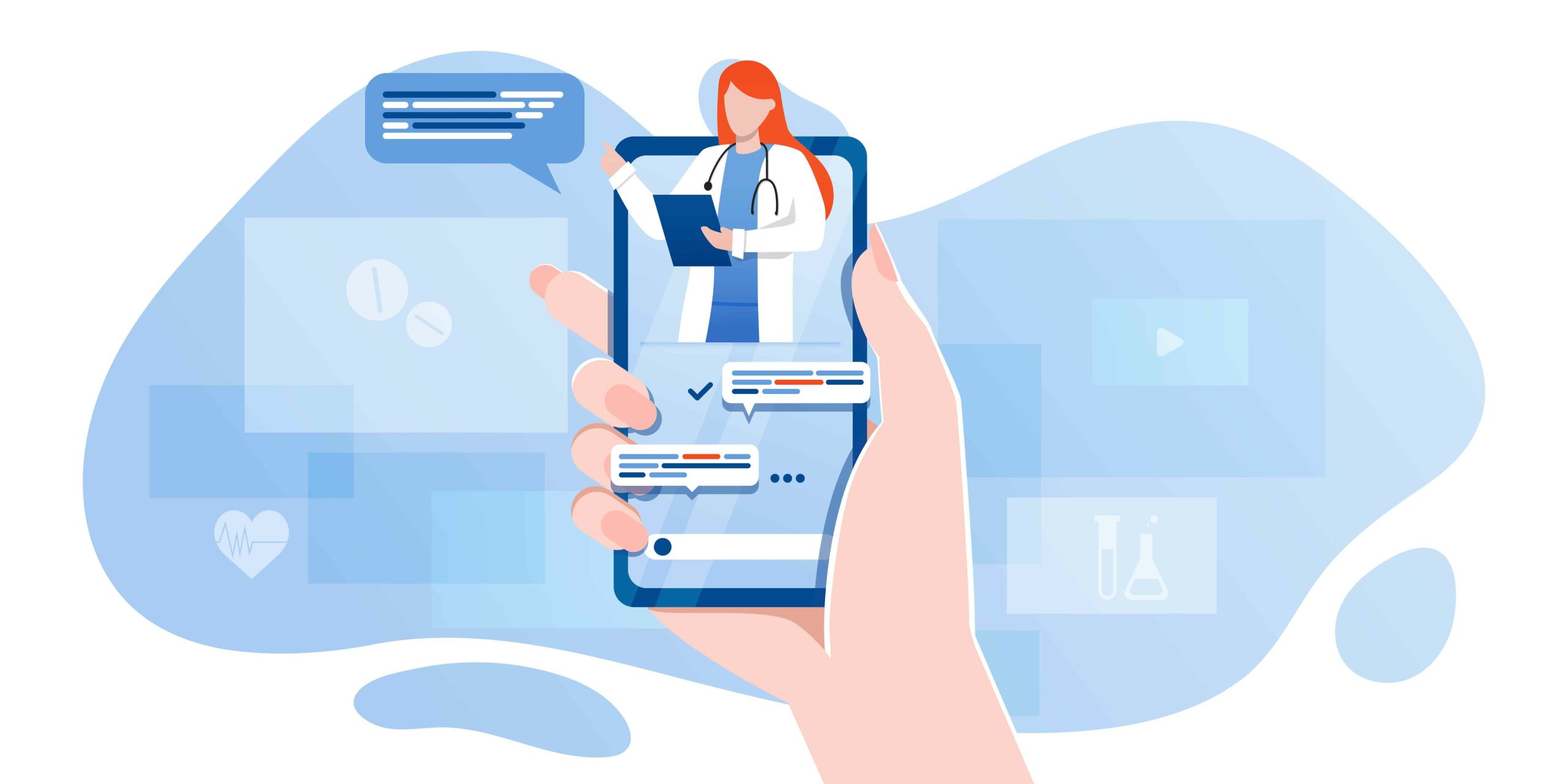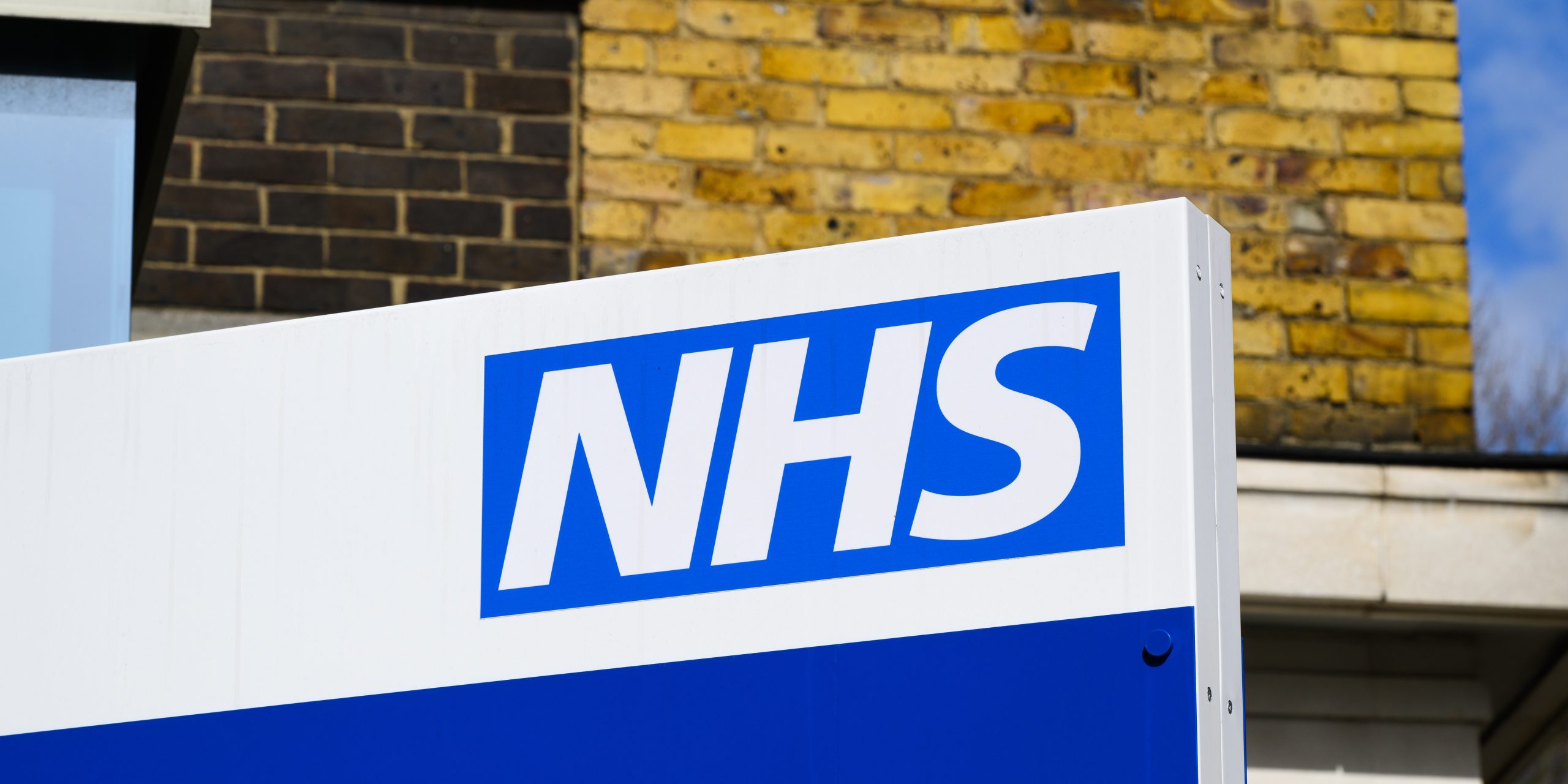New Research from Financial Times Released: How Digital Tools Improve Overall Health Outcomes In The UK

Financial times have released new research, posing the question: Can the rise of digital tools improve overall health outcomes in the UK?
The report from Search to Solution: The Prognosis For Self-diagnosis In The UK highlights the growing trend of people in the UK taking control of their health by using online tools for self-diagnosis. Trust in digital resources is key, and the public is increasingly seeking quicker answers to their health concerns.
It is mentioned that healthcare insurers are expected to address the impact of these digital tools. As digital health tools become more integral to healthcare, it is essential to ensure they function accurately and safely, especially for Gen-z who often rely on social media for mental health information.
48% of respondents have reported self-diagnosis at least once in the past year
According to the research, self-diagnosis is common across all demographics and regions in the UK, with 48% of respondents reporting self-diagnosis at least once in the past year. Among 16 to 24-year-olds, 18% self-diagnosed four or more times in the past year.
People self-diagnose a wide range of conditions, not limited to specific health areas. While younger people tend to spend more time online, those aged 35 to 44 are the most likely to self-diagnose, with 54% reporting having done so. There is little regional variation in self-diagnosis rates, although they tend to be higher in the north of the UK compared to the south.
People are most commonly self-diagnosing minor ailments such as hay fever, sunburn and common colds (42 per cent), but nearly a third (32 per cent) have self-diagnosed a mental health condition, including depression, anxiety, obsessive-compulsive disorder and eating disorders.
Just over half — 52 per cent — of those aged 16 to 24 who have self-diagnosed did so for a mental health condition, a stark disparity with older age groups but in line with the trend of declining mental health among young people.
Young people are sourcing their health information from social media
In the digital age, online platforms and social media provide rapid access to information, offering convenience but also raising concerns, especially regarding self-diagnosis among younger people. Many rely on sources like the NHS website, Google, and symptom checkers for health information, with a notable preference for trusted sources like the NHS. However, nearly a third of individuals turn to social media for self-diagnosis, particularly for mental health issues, which can lead to misinformation and misdiagnosis. The trend highlights a growing demand for mental health resources online, but it also underscores the importance of ensuring that information is accurate and comes from reputable sources to prevent harm.
When asked about information sources for self-diagnosis, more than half (55 per cent) of respondents who have self-diagnosed in the past year relied on the NHS website, followed by 40 per cent on Google and 27 per cent on symptom checkers — health technologies that enable patients to input their symptoms to produce a set of likely diagnoses and associated triage advice.
The preference for using the NHS as an online tool suggests a strong desire from the public for verified health information from a trusted source.
Nearly a third (30 per cent) of people have turned to social media for self-diagnosis, with mental health conditions being more commonly identified this way (54 per cent) compared with physical conditions (20 per cent).
People are self-diagnosing mainly because they are unable to get an NHS appointment
‘More than a third (36 per cent) say they have self-diagnosed because they are unable to get an NHS appointment in a timely manner, and a further 22 per cent voiced concerns over NHS waiting lists”
In addition, more than a fifth (21 per cent) of people have self-diagnosed due to health anxiety — a factor that may be exacerbated by the prospect of long wait times.’
These findings demonstrate that technology with the right safeguards, regulation and follow-up care can help people feel empowered to manage their own health.
Connection between health, economy and productivity
In the Financial Times findings, they discuss the connection between health, economic inactivity, and productivity as being crucial – as their research shows that 44% of men and 34% of women took three to four days off work due to self-diagnosis. With increasing absenteeism, addressing ill health is key to tackling economic inactivity.
Additionally, in the report, the findings suggest that self-diagnosis often incurs costs, with 31% of respondents spending money on diagnostic tests, unnecessary medication, or therapy, a figure rising to over 50% among those aged 16 to 24. While digital health tools have the potential to improve access to healthcare for both physical and mental health, their effectiveness depends on accurate information and proper safeguards. When used appropriately, these tools can empower patients with free, fast, and reliable medical information.
Digital health tools, when used appropriately and based on accurate information, have the potential to play an important role in improving access to healthcare, both for physical and mental health
So what can be done?
While there is a clear demand for online health resources and tools to speed up access to healthcare, many patients remain cautious about the risks of self-diagnosis.
‘Only 3% of respondents feel reassured by the health information shared online, indicating widespread anxiety about its accuracy, despite many self-diagnoses being correct. The majority (78%) believe stronger regulation of health information online is necessary, and nearly half (42%) agree that while online health information is often inaccurate, they have no other option.’
Following a self-diagnosis, 31% still seek further information online. Respondents favour more stringent regulation, with 49% feeling reassured by verified medical professionals’ accounts on social media and 44% calling for stricter health content guidelines. This points to the need for a strategy that ensures digital health tools are used effectively and safely.
An overview of the Financial Times Research
To summarise, this research from the Financial Times underlines the potential that technology has to empower people and enable them to truly understand, manage and monitor their own health.
Barriers to healthcare access are a key driver of self-diagnosis across all demographics, yet successful self-diagnosis examples highlight the potential of digital health tools. While these tools offer significant opportunities, they must be supported by systems that provide credible and safe health information. As digital systems become essential in future healthcare, a clear strategy is needed to maximise their benefits, protect the public, and improve health outcomes. Collaboration will be crucial in harnessing the power of digital health interventions.
Read the full research here.

